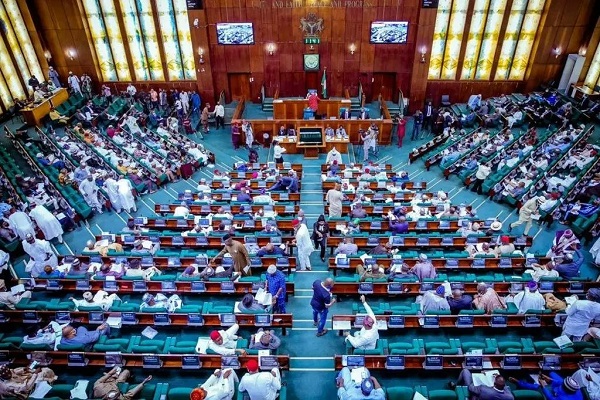…As China strengthens border control to prevent imported COVID-19 risk***
The European Union must stand ready to roll out a further 1 trillion euros (1.1 trillion dollars) to repair the economic damage caused by the coronavirus pandemic.
This is according to a top EU economics official ahead of an EU leaders’ summit this week.
The package of short-term measures worth 540 billion euros agreed by EU finance ministers two weeks ago is not enough, EU Economy Commissioner Paolo Gentiloni told German news magazine Der Spiegel on Monday.
The 27-country bloc is bracing for the worst economic contraction in decades, with the member states divided over how much and what fiscal firepower to roll out.
EU governments are drawing up their visions for a shared recovery plan agreed in principle by finance ministers, the details of which would be under discussion at a video conference on Thursday.
Italy, France and Spain believe shared debt in the form of bonds is necessary, while Germany and the Netherlands strongly oppose the move.
Madrid suggested a 1.5-trillion-euro recovery fund on Monday, El Pais newspaper reported.
The EU’s executive arm, the European Commission, believes a compromise could be a dedicated fund within the next common EU long-term budget, for 2021-27.
The commission could issue bonds to borrow from financial markets with the fund, and the EU states would act as guarantors.
To date, the collective response from EU member states and institutions including a corporate loan scheme, an initiative to pay workers’ wages and the use of the eurozone bailout fund is worth close to 3.4 trillion euros, the commission said on Monday.
Also read: U.S withholding WHO’s funding ‘ll affect coordination of COVID-19 – Guild
In the meantime, China has strengthened border control measures for the containment of imported novel coronavirus disease (COVID-19) risk, an official said on Monday.
Liu Haitao, with the National Immigration Administration (NIA), made the remarks at a news conference on China’s response to the coronavirus outbreak.
He noted that the NIA has paid close attention to the epidemic situations in neighbouring countries.
Liu said the administration has established a working scheme to analyse related information and evaluate cross-border transmission risks.
“The NIA has improved cooperation with immigration agencies of neighbouring countries to advance coordinated border control measures,’’ Liu added.
Liu, stressing the efforts to minimise cross-border travel, said the NIA has also mobilised police to reinforce the fight against criminal activities, including illegal entry and exit, smuggling and drug trafficking, in cooperation with local authorities.
“The police also improved management on inbound travelers and foreign residents in China,’’ Liu said, calling for strengthened check and registration of cross-border travelers and vehicles.
Liu, aiming to prevent imported virus transmission from seaports, said the NIA continued to track ships on international routes to prevent illegal entry and stowaways.
“Port and shipping enterprises should guide people boarding international navigation ships to have epidemic prevention measures and reduce unnecessary contact.
“The NIA also scaled up cooperation with the coast guard, customer authorities and maritime safety administrations to fight against maritime smuggling activities,’’ Liu added.





















